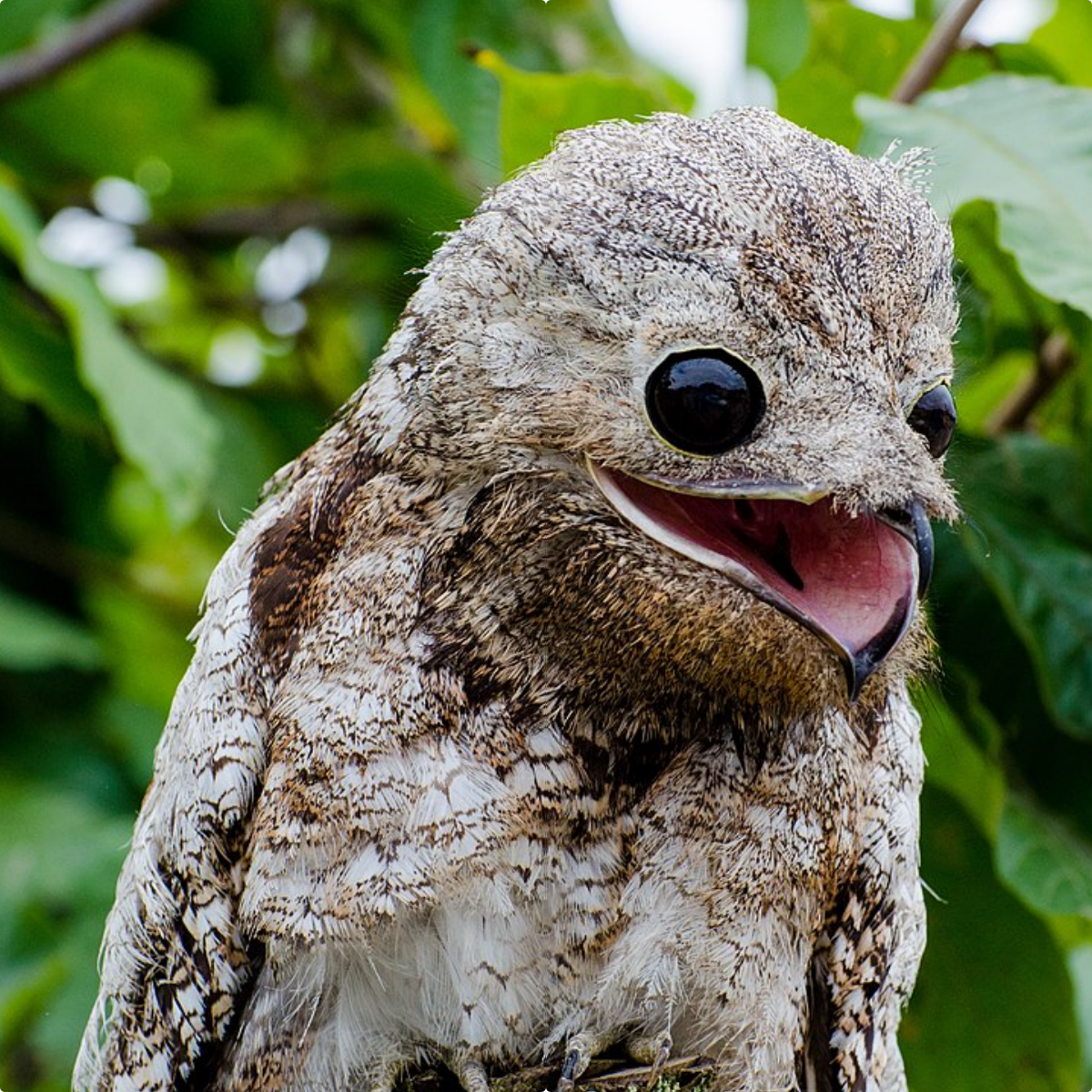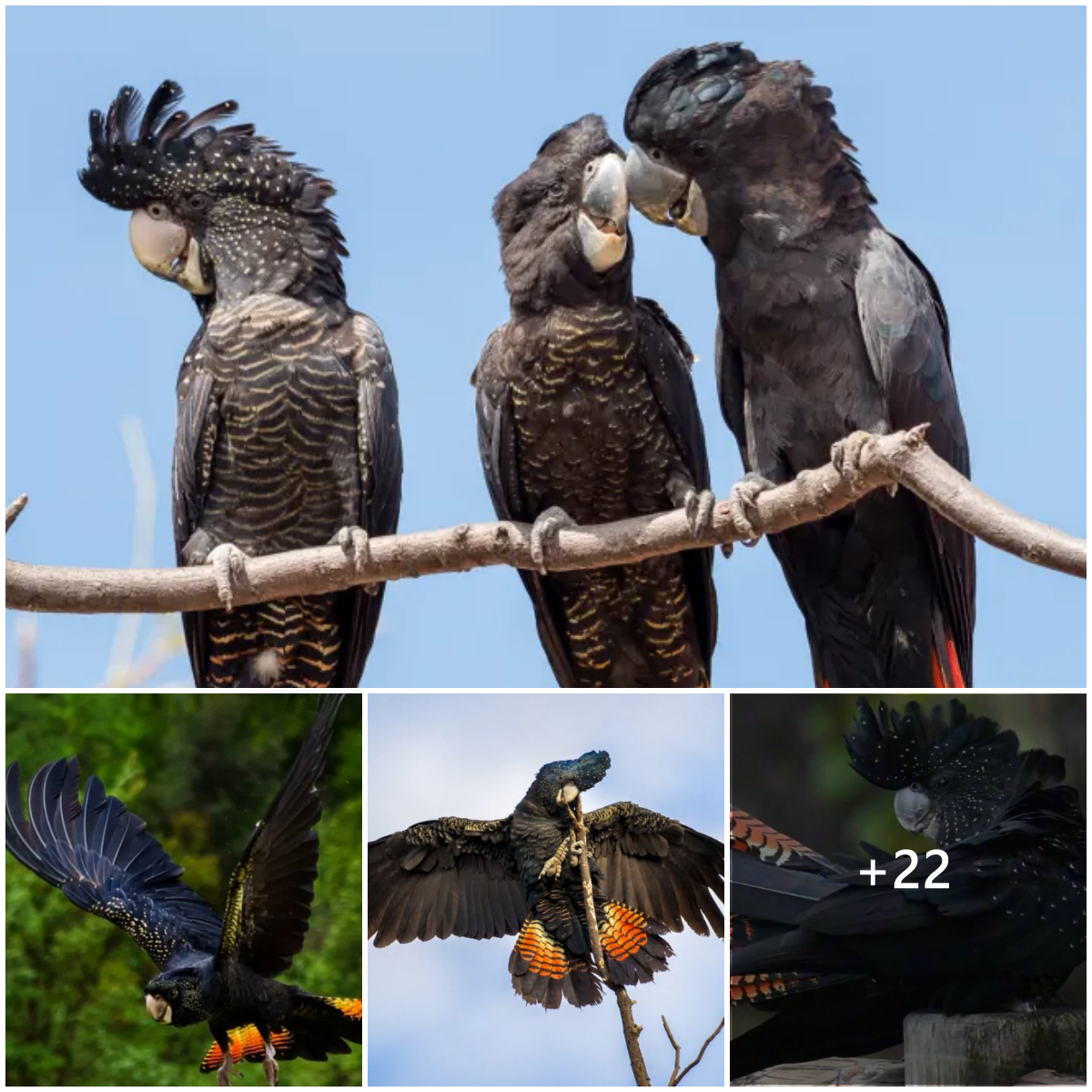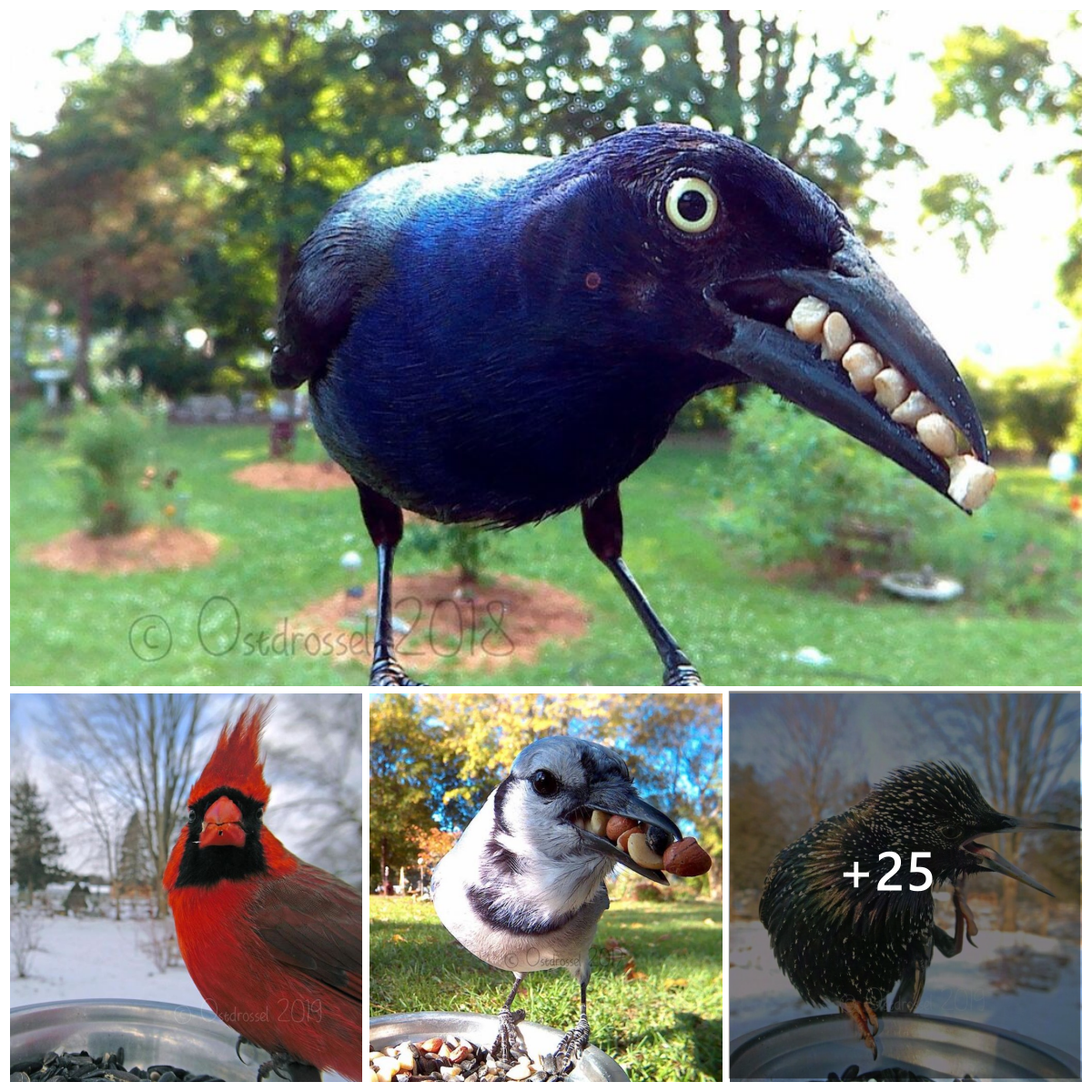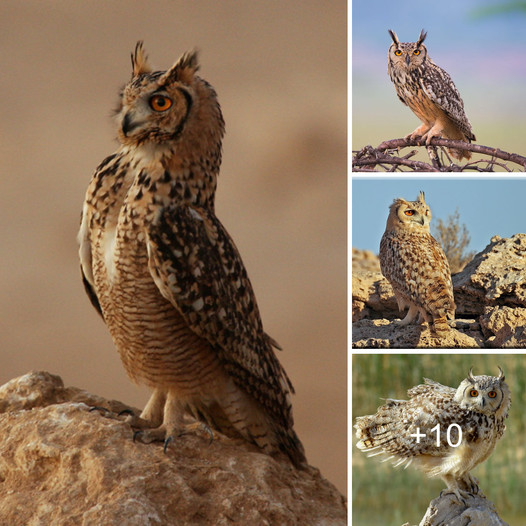
The bird in question is the Golden Pheasant (Chrysolophus pictus), a species native to China that is known for its stunning golden and red plumage. The males of the species are particularly striking, with long, flowing tail feathers that are a deep shade of gold. These feathers have earned the Golden Pheasant the nickname “the king of birds.”
So how did this bird come to hold a Guinness World Record? In 2013, a Golden Pheasant named “Lucky” was entered into the record books for having the longest tail feathers of any living bird. Lucky’s tail feathers measured an incredible 9 feet, 7.5 inches (2.94 meters) long, earning him a place in the record books and international fame.

But what is the secret behind Lucky’s stunning golden feathers? The answer lies in the bird’s genetics. The gene responsible for the Golden Pheasant’s unique coloration is known as the “golden gene,” and it is a dominant trait that is passed down from generation to generation. This gene produces a pigment known as pheomelanin, which gives the bird’s feathers their characteristic golden and red hues.
In addition to its striking appearance, the Golden Pheasant is also known for its behavior. These birds are shy and elusive, and are typically found in dense forests and brushy areas. They are omnivorous, feeding on a range of insects, seeds, and small animals.

Despite its beauty and fame, the Golden Pheasant is still vulnerable to a range of threats. Habitat loss and degradation due to human activity are major concerns, as are hunting and predation by other animals. However, conservation efforts are underway to protect the Golden Pheasant and its habitat, and to raise awareness about the importance of preserving this stunning species.

In conclusion, the Golden Pheasant is a remarkable bird with a stunning appearance and a fascinating story. Its golden feathers and Guinness World Record have earned it international fame, but it is also a symbol of the importance of protecting and preserving the world’s incredible biodiversity. By supporting conservation efforts and raising awareness about the plight of species like the Golden Pheasant, we can help ensure a brighter future for these remarkable creatures.





